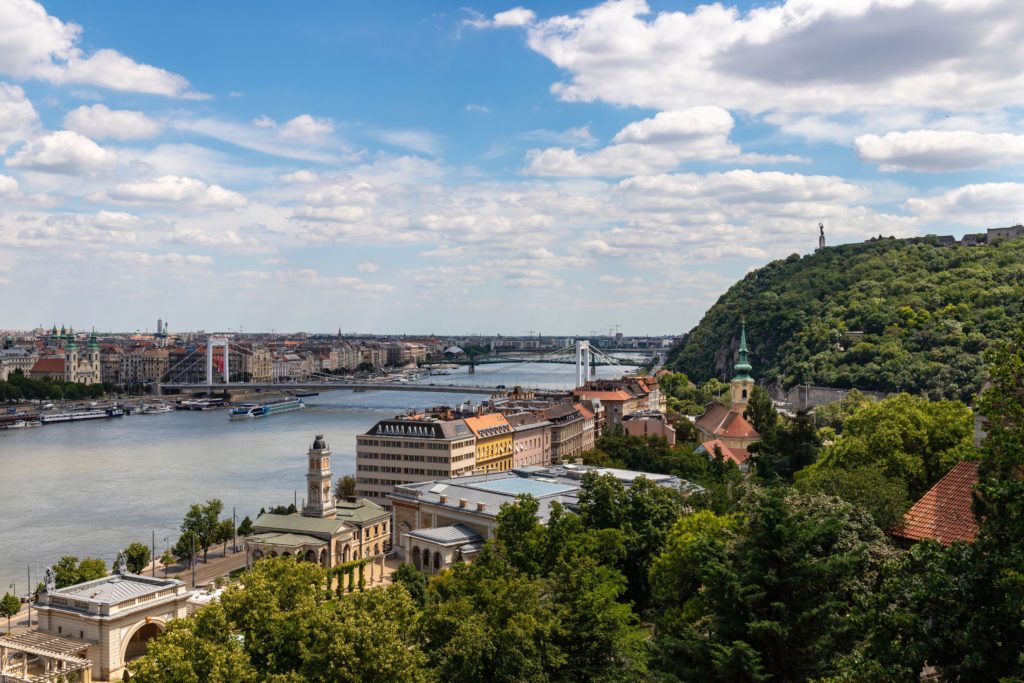For visitors from abroad looking to take advantage of a pleasant temperature, stunning scenery, and Balaton, several of the largest lakes in Europe, this country is a fantastic choice. Throughout the entire year, the country features sights for foreigners, particularly in Budapest, the country’s capital. It is also one of the least expensive nations in Europe.

When compared to other European countries, its healthcare facilities are more affordable while still offering high-quality hospital services. Some clinics and healthcare facilities, particularly those in urban areas like Budapest’s downtown, include staff members who know English.
This guide to retiring in Hungary provides essential insights and examines important moving-related issues, such as the cost of living and obtaining a residency visa.
The permanent home for retirees
Only those on pensions who can demonstrate their financial security will be granted permanent residency. Only a few circumstances allow pensioners to move to the nation. Purchasing property in Hungary is the primary means of immigration for retirees. Following the purchase, an individual acquires the property owner’s passport and submits paperwork for a long-term visa of type D.
Long-term medical care is another route to legal residency in Hungary. A retiree must have a hospital note from the general practitioner stating that they must have treatments in the Republic of Hungary to visit based on healthcare consultation. A retiree can qualify for an annuity as well as other government entitlements if he or she has resided in Hungary for more than eight years.
Lastly, another great way to obtain a permanent residency in Hungary is through investments.
Things to keep in mind
Following are the things to keep in mind when relocating:
Take into account your living expenses.
Hungary is a cost-effective location for expats to live in since it is the 48th most expensive place to live in. For European measures, the country has a comparatively low cost of living. Public healthcare and education are inexpensive or free. One of the largest costs of living is the cost of housing, particularly in Budapest.
Imported items come with additional food costs. However, spending your money more wisely by getting your food from a neighborhood market is a great idea.
Think about your options for medical treatment.
Although the country boasts a top-notch healthcare system, you might need to make other plans if you plan to retire there and need medical care. Foreign citizens only have access to basic health care facilities in Hungary, which also cover emergencies and chronic diseases, rather than free health insurance.
Apply for a driver’s license
If you’re planning to move to Budapest, you can probably get by without a car. It has an excellent public transportation system that is user-friendly and incredibly trustworthy. However, If you choose to drive instead of taking public transportation, you can always do so after obtaining a driver’s license.
Establish a bank account
Even while you can request that your pension money be placed into a bank account in your home country, opening a Hungarian bank account may be a lot more useful.
Different banks have very varying criteria for opening a bank account. Depending on your status, they could also alter. While non-EU travelers could experience the additional red tape, EU nationals might find it simpler to create a bank account.
You can create a bank profile as a non-resident immigrant with select banks. Only your visa, proof of address, and other document are needed for some of them.
Learn the language
Even though many locals understand English, you’ll be glad you took the time to master the fundamentals of the Hungarian language before you arrive.


